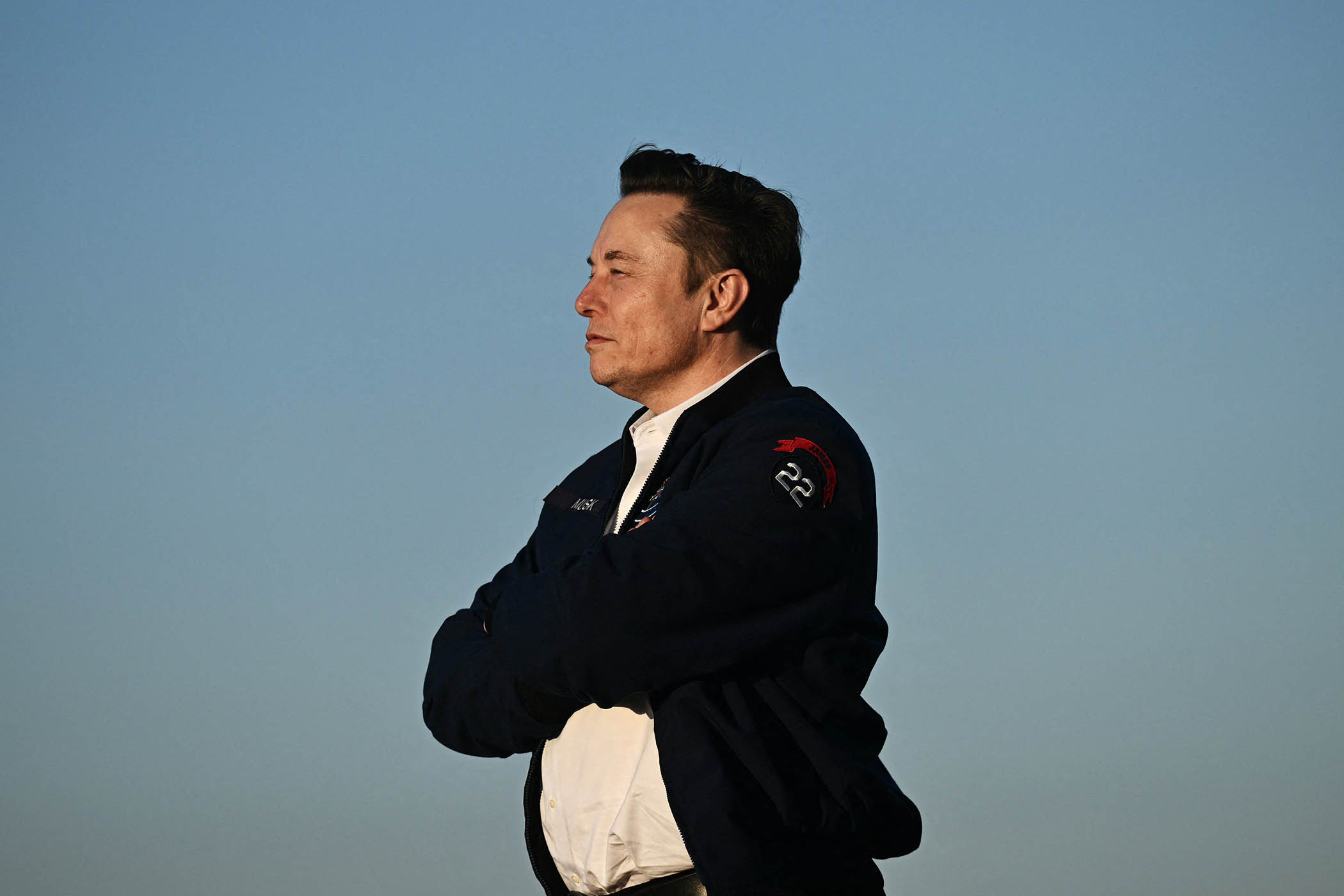Three years ago, when Elon Musk completed his $44bn acquisition of the social network then known as Twitter, he wrote an open letter to the service’s advertisers.
He was not buying Twitter “to make more money”, he said. Instead, he was doing it “to try to help humanity”. Still, Musk set lofty technical and commercial goals: X, as he renamed it, would double its revenues within three years and triple its number of users.
He promised to “solve” the site’s problem with bots, introduce new features, and pledged that content moderation policy would be overseen by a “council with widely diverse viewpoints”.
Musk even promised to build X into an “everything app”, handling social media and video, but also payments, shopping and even banking.
Three years on, how is he doing?
The platform
Many of Musk’s initial promises have come nowhere close to being met. There is no content moderation council, no one uses X as their banking app and the service has been accused by multiple governments of stoking far-right hate, including rioting in the UK.
X does not publish many public metrics but figures released by the digital market intelligence company Similarweb suggest X lost about one-fifth of its US users and one-third of its UK users in 2023-24 alone. X has a new revenue stream selling premium memberships – which come with the once-vaunted blue ticks – but now pays out millions each month to its top users for their posts.
Related articles:
Blue-chip advertisers have largely fled, deterred by Musk’s decisions to allow thousands of far-right influencers and conspiracy theorists back on to the platform.
Former NBC ad exec Linda Yaccarino was brought on board as chief executive in May 2023 to make the business more professional and repair those relationships. Her efforts were not helped when, later that year, Musk told a conference audience of advertising executives to “go fuck yourselves”.
Newsletters
Choose the newsletters you want to receive
View more
For information about how The Observer protects your data, read our Privacy Policy
X no longer releases sales figures but its advertising is now dominated by crypto brokers and adult content. Yaccarino remained at least nominally in position as chief executive until summer 2025. No replacement has been announced.
The money
Musk did not finance his $44bn purchase entirely out of his own pocket. He encouraged others to invest alongside him, borrowed tens of billions from banks and then loaded that debt on to the company he had just bought. He was widely believed to have overpaid.
There were concerns the debt could strain the finances even of someone as rich as Musk. He solved this problem, however, by launching the AI company xAI and using it to “buy” X in March, meaning any investment Musk raises for xAI can also be used to cover X’s costs. xAI paid $33bn for the social platform – a 25% drop in value.
Ross Gerber, an investment manager and former Musk cheerleader, was among those who invested when Musk bought Twitter. He said the site’s purchase by xAI came as a huge relief.
“In my mind, [X] had become pretty much worthless, which it still is, but xAI obviously has this potential in that they’re investing so much into AI,” he said. That is partly because AI feels like a safer financial bet than a social network, but also because xAI owns chips and other assets with a tangible value.
“Technically, I’ve got full value back,” Gerber said “[but] compared to my other investments over the last four years, it’s been a horrible underperformer.”
While Gerber assesses Musk’s performance as a near total failure in business terms – arguing that the social network is less fun to use, less relevant to conversation and, he suspects, is losing more money than ever – , he believes Musk got what he wanted from the deal.
Power and influence
“Elon bought Twitter not to build a better business, fight bots or strengthen free expression but to build influence on politics,” said one former Twitter worker, who asked not to be named because Musk has retaliated against ex-employees who criticised him.”
Another former executive at the company was more blunt. “The mistake I made was thinking he was buying a company and [judging] the execution on those terms when he was really buying a country,” he said.
Before Donald Trump’s election, Musk’s companies were under review or formal investigation by at least 20 federal agencies in the US. As head of Doge, the “department of government efficiency”, under Trump, Musk became the boss of many of those agencies – and the investigations into his companies have largely disappeared, even after Musk’s short period in government ended.
More broadly, Musk has used X to advance a global far-right agenda, which often seems steeped in Islamophobia. He has repeatedly endorsed Germany’s Alternative für Deutschland and is reportedly funding the legal costs of the UK far-right influencer Tommy Robinson, at whose rally in London Musk appeared via videolink earlier this year.
“Three years on, is Twitter on a trajectory to reach $26.4bn in revenue and 931 million users by 2028? No,” concluded the former executive. “But if he spent $44bn to access a new kind of power and wield it in his interests, then it’s a success.”
Photograph by Brendan Smialowski/AFO via Getty Images



